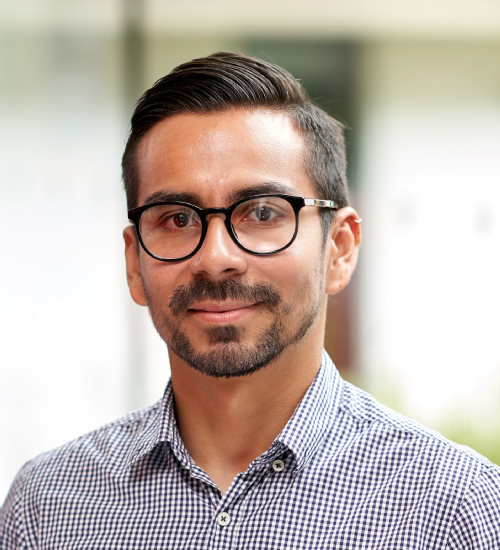LN312 Translation and Translators in the Contemporary World
| Module Code: LN312 |
|---|
| Module Name: Translation and Translators in the Contemporary World |
| Module Coordinator: Dr David Orrego-CarmonaLink opens in a new window |
|
Term 2: Mondays, 1-3pm in H0.66, see Teaching Arrangements |
| Module Credits: 15 |
Module Description
Module Selection 2022/23: please note that you do NOT need to have followed the SMLC Translation pathway to take this module; in 2022/23, this module can be taken in either your intermediate or final year
All resources and further information are available on Moodle
This cross-SMLC module introduces students to translation as a specific set of skills. It situates the practice of translation within the context of relevant theories developed in the field of Translation Studies, and raises awareness of the role of translation and translators in contemporary society. Adopting an interdisciplinary perspective and integrating a linguistic approach with sociological and cultural theories, the module presents case studies related to the students’ language specialisms, which challenge a purely textual approach to translation.
By looking at the role of translators, as well as publishers and editors, students are encouraged to approach translation as a multifaceted cultural process involving several diverse agents and perspectives in both source and target culture.
The module aims to allow students to reflect upon their own reading of translations and their own translation practices in relation to cultural and sociological issues.
Module Aims:
- to enable students to critically reflect on the multifaceted concept of translation from a cultural, sociological and historical perspective, by analysing case studies related to their language specialism;
- to encourage students to see the translation as a two-way process of cultural exchange, an understanding which can enrich their study of texts
- to allow students to strengthen their critical analysis of the relationship between text and culture by exploring translation not only from a linguistic perspective but also from a cultural perspective;
- to enrich students’ perception of translation as both cultural process and cultural product through assessed work, aimed at raising awareness of (a) the need for a translation to fit publishing agendas; (b) the cultural and publishing constraints at stake when translating a text from a source to target culture.
- to raise students’ awareness of the role of diverse agents, including translators, publishers and editors, in the process of translation, by means of assessed work, seminar discussions and group work.
- to enhance students’ analytical and communicative skills through seminar presentations, and their critical approach through the translation project.
Teaching Arrangements
Term 2, 2-hour sessions mixed lecture and seminar. Teaching Delivery is subject to Government and University Guidance
All resources and further information are available on Moodle
Module Outline
All resources and further information are available on Moodle
Please note that this module outline and related tutors may change in 2022/23
Week 1: Translation in theory and practice
The lecture and seminar will introduce the theory and practice of translation, in its multiple forms (ranging from literary translation to community interpreting).
Week 2: Translation and World Literature
This session will analyse the relationship between translation, national canons and world literature, examining the role of translation in the production, distribution and reception of cultural artefacts. The seminar will discuss in more detail translation in relation to world literature.
Week 3: Translation and Publishing
In this session, students will be introduced to the sociological theory of translation in relation to the publishing market. The lecture and seminars will prompt students to shift their focus from the concept of translation as a text to that of translation as a cultural product and process. The analysis of the publishing field at a national level will enhance a deeper understanding of cultural exchanges on a translational level.
Week 4: Translation and advertising
The session will focus on how translation is used in old and new media, including the internet. It will also explore translation in commercial advertising. The session will invite students to reflect upon the cultural, sociological, and aesthetic aspects of language contact in globalised, translingual media.
Week 5: Audio-visual Translation
The lecture and seminar will focus on how translation is used in the film industry throughout the world. The session will invite students to reflect upon the cultural, aesthetic, and operational aspects at play in the cultural transfer of subtitles and dubbing.
Week 6: Reading week
Week 7: Translators as social agents
The lecture and seminar will invite students to reflect on the role of translators as cultural producers and agents, also from a historical perspective. This session will draw on the concept of narrative and look at the intersection between translation and sociological narratives (e.g. Baker) in the formation of identity and in the reception of authors and translators, as well as in contexts of trauma and conflict.
Week 8: Gender and Translation
The lecture and seminar will invite students to reflect on the political role of translation in challenging or perpetuating dominant gender ideologies. This session will draw on examples of self-proclaimed feminist interventions in the translation of both overtly patriarchal and overtly feminist source texts, and explore the possibility of carrying out feminist rewritings of previously translated texts.
Week 9: Translation Project
Workshop for the design and fine-tuning of translation projects with practical examples.
Week 10: Final session
This final session will re-cap the skills acquired in terms of translation analysis, and it will give students an opportunity to discuss and peer review their ideas for their translation portfolios.
Assessment for the module
Translation project (4,000 words; 100%)
The translation project comprises the analysis (in English) of a published translation (from the target language to English), a retranslation of about 1,000 words (from the target language to English), and an analysis (in English) of this retranslation.
Deadline, see via Tabula

